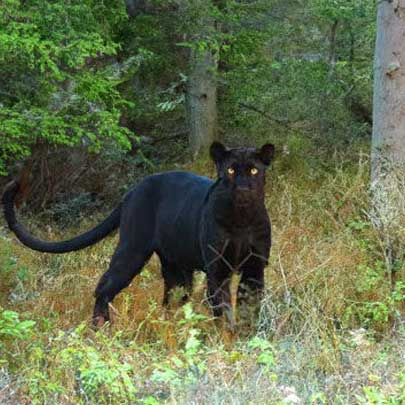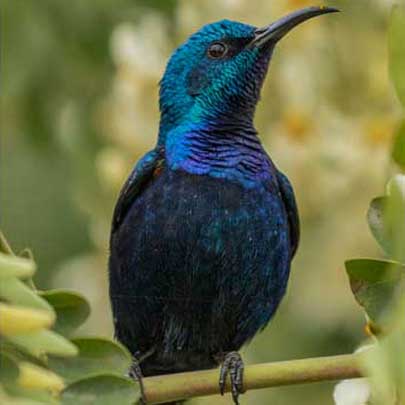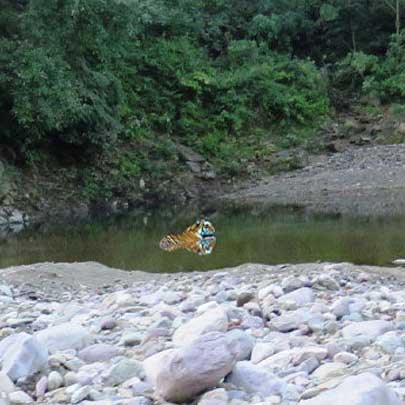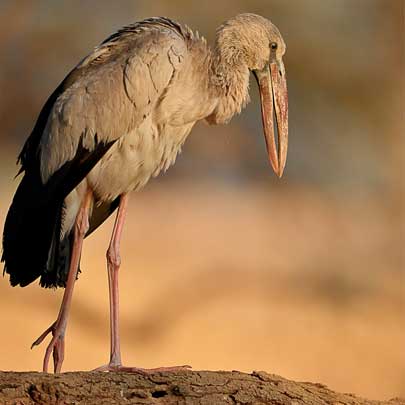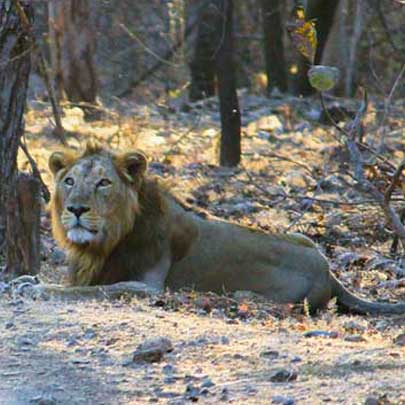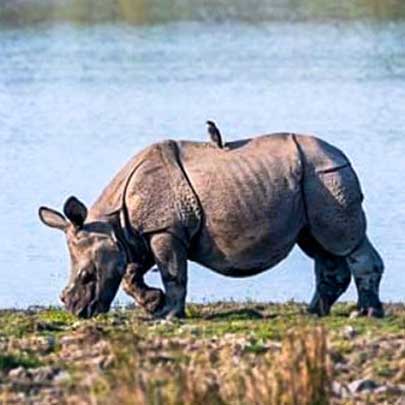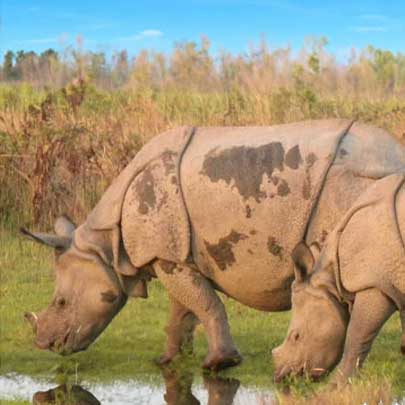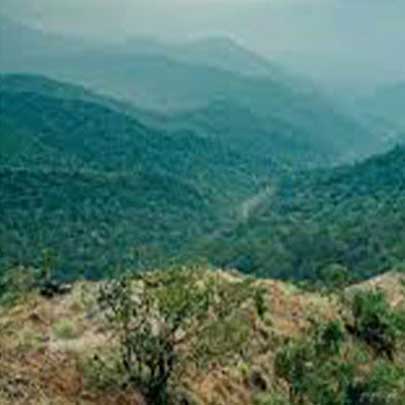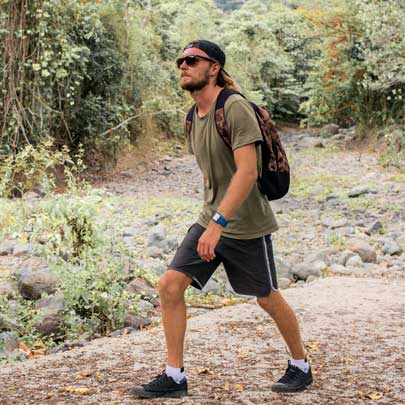Ecotourism can benefit wildlife conservation: Here’s how
Tourism is often associated with a negative impact on local wildlife. However, ecotourism is different, and it can actually have benefits.
Increased community awareness for conservation
When local communities see tourists coming in to see wildlife, it can change their attitudes towards conservation.
Wild animals they once saw as threats to their livestock or communities can quickly be seen as valuable to retaining valuable tourist dollars. From endangered bird species to elephants or lions, ecotourism can help protect all kinds of wildlife when locals know they have an appeal.
Creating sustainability
Ecotourism can provide environmentally friendly forms of livelihood. Instead of local people being forced into destroying forests, poaching, logging, or quarrying, it opens up more sustainable options.
Ecotourism creates local jobs, which is a positive step for communities. This can include the hospitality industry, driving, catering, and many more. Some communities also produce wave rings to sell to visiting tourists.
Most importantly, creating sustainable jobs helps preserve otherwise endangered species that would be sold for their fur, shells, ivory, or other precious assets.
Educating tourists about eco issues
Locals are not the only people that can benefit from more knowledge about sustainability – ecotourism can also educate the tourists themselves.
Instead of staying in high-end hotels with polluting air conditioning systems and chemical cleaning processes, tourists can enjoy stays in more sustainable accommodation. This can include glamping, camping, eco-hotels, and other forms of sustainable dwelling.
By building this connection and appreciation of nature, tourists can come to appreciate it more. In addition, guided tours and educational activities can raise city dwellers’ awareness of different species, not to mention the importance of contributing to their habitats.
Boosting conservation projects
Mobilizing governments and local authorities to take positive action on sustainability matters can be challenging. However, if there are economic benefits, this task is often made a lot easier. Ecotourism helps to create the economic incentive for governments and NGOs to act.
Coastal locations can be particular beneficiaries of this kind of activity. Revenue-generating pursuits, including diving, boat tours, and snorkeling, are a valuable source of income. They usually also create a demand for local bars, restaurants, and accommodation.
If the projects are well-managed, some of the revenues can be reinvested into financing conservation work. In addition, ongoing revenues from these taxes provide a more sustainable way of funding than one-off donations.
Overall, there are many ways ecotourism can benefit wildlife conservation. If managed well, it can foster a greater understanding of natural habitats and wildlife. There is also greater potential to harness ecotourism locations even further to benefit and safeguard the natural world.































